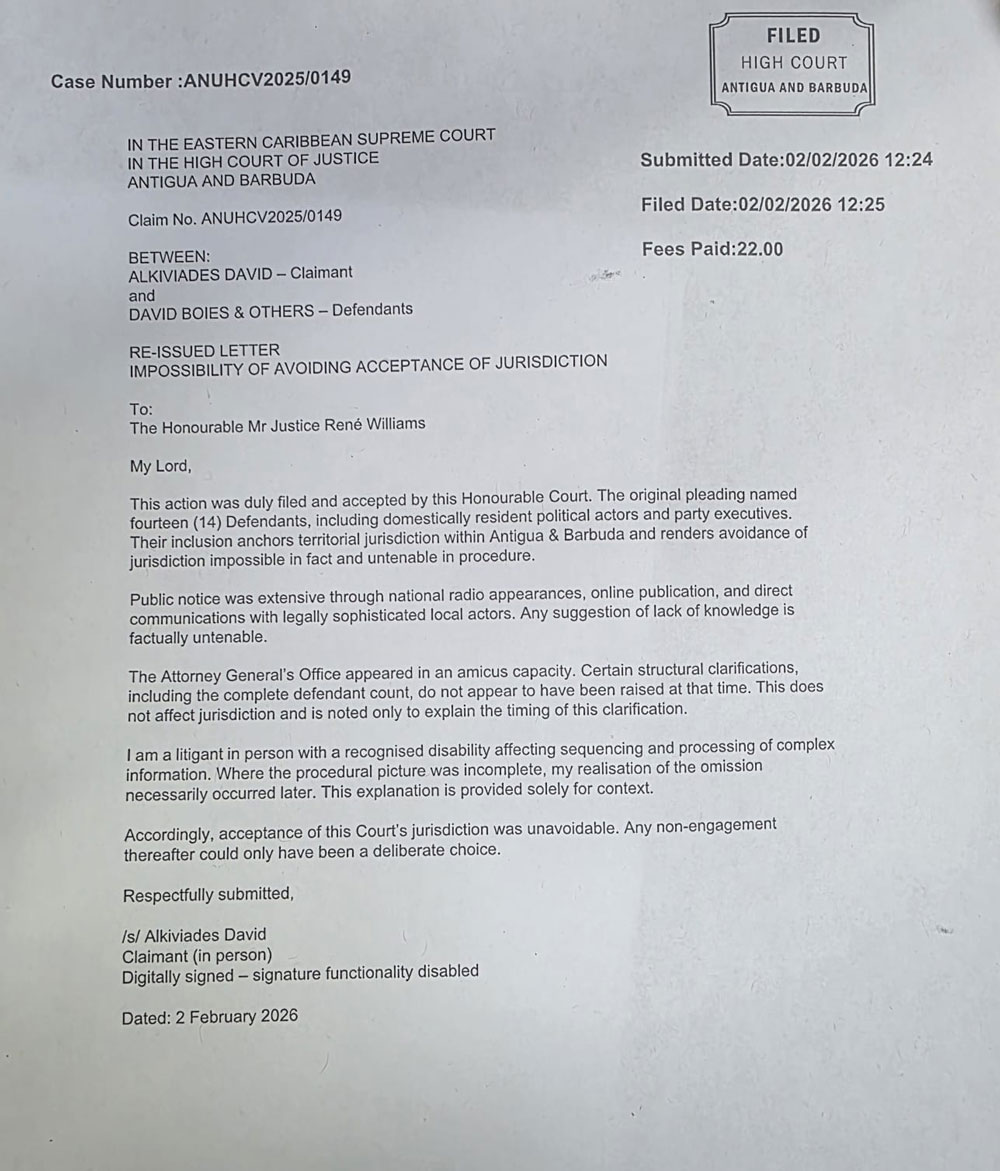Several Democratic lawmakers are increasingly concerned about the legality of a U.S. Border Patrol predictive intelligence program that allegedly identifies and arrests drivers based on suspicious travel patterns within the country. Senator Ed Markey of Massachusetts sent a letter to the agency in which he criticized the license plate reader system as an 'invasive surveillance network' that threatens individual privacy rights and civil liberties.
Markey expressed that such degree of observation resembles practices carried out by authoritarian regimes, creating a chilling effect on lawful expression and assembly, while also suggesting that the program could violate the U.S. Constitution. He demanded transparency regarding the methodology of the surveillance and its application, emphasizing the need for accountability; without which, he feared it could erode fundamental rights and present a troubling precedent for unwarranted government authority.
The troubling details emerged following an Associated Press investigation revealing that Border Patrol uses a program to track millions of drivers across the nation. This network of cameras collects license plate data and uses algorithms to determine which vehicles warrant further scrutiny. Allegations arose when drivers were stopped and further searched by local authorities based on their travel history, often without strong evidence.
Despite the program's establishment spanning different political administrations, critics argue these surveillance tactics infringe on Fourth Amendment rights that protect individuals from indiscriminate searches. Courts have upheld various tracking policies, although many have begun to recognize limits on persistent tracking that might expose sensitive data about private citizens.
Markey’s sentiments resonated with other lawmakers such as Rep. Dan Goldman and Sen. Mark Warner, both of whom echoed the importance of ensuring that routine travel does not expose citizens to overreach from law enforcement. Warner stated that as holiday travel picks up, Americans shouldn’t feel vulnerable to being profiled or interrogated based solely on their whereabouts.
Despite the controversy, the Customs and Border Protection agency asserted that their usage of the technology aligns with strict policy guidelines aimed at recognizing and addressing security threats. Legal opinions, however, are rapidly evolving regarding the constitutionality surrounding the extensive data collection through surveilling technology. As further discussions unfold, the growing consensus amongst lawmakers and civil rights advocates remains focused on the balance between national security and the protection of civil liberties.
Markey expressed that such degree of observation resembles practices carried out by authoritarian regimes, creating a chilling effect on lawful expression and assembly, while also suggesting that the program could violate the U.S. Constitution. He demanded transparency regarding the methodology of the surveillance and its application, emphasizing the need for accountability; without which, he feared it could erode fundamental rights and present a troubling precedent for unwarranted government authority.
The troubling details emerged following an Associated Press investigation revealing that Border Patrol uses a program to track millions of drivers across the nation. This network of cameras collects license plate data and uses algorithms to determine which vehicles warrant further scrutiny. Allegations arose when drivers were stopped and further searched by local authorities based on their travel history, often without strong evidence.
Despite the program's establishment spanning different political administrations, critics argue these surveillance tactics infringe on Fourth Amendment rights that protect individuals from indiscriminate searches. Courts have upheld various tracking policies, although many have begun to recognize limits on persistent tracking that might expose sensitive data about private citizens.
Markey’s sentiments resonated with other lawmakers such as Rep. Dan Goldman and Sen. Mark Warner, both of whom echoed the importance of ensuring that routine travel does not expose citizens to overreach from law enforcement. Warner stated that as holiday travel picks up, Americans shouldn’t feel vulnerable to being profiled or interrogated based solely on their whereabouts.
Despite the controversy, the Customs and Border Protection agency asserted that their usage of the technology aligns with strict policy guidelines aimed at recognizing and addressing security threats. Legal opinions, however, are rapidly evolving regarding the constitutionality surrounding the extensive data collection through surveilling technology. As further discussions unfold, the growing consensus amongst lawmakers and civil rights advocates remains focused on the balance between national security and the protection of civil liberties.






















